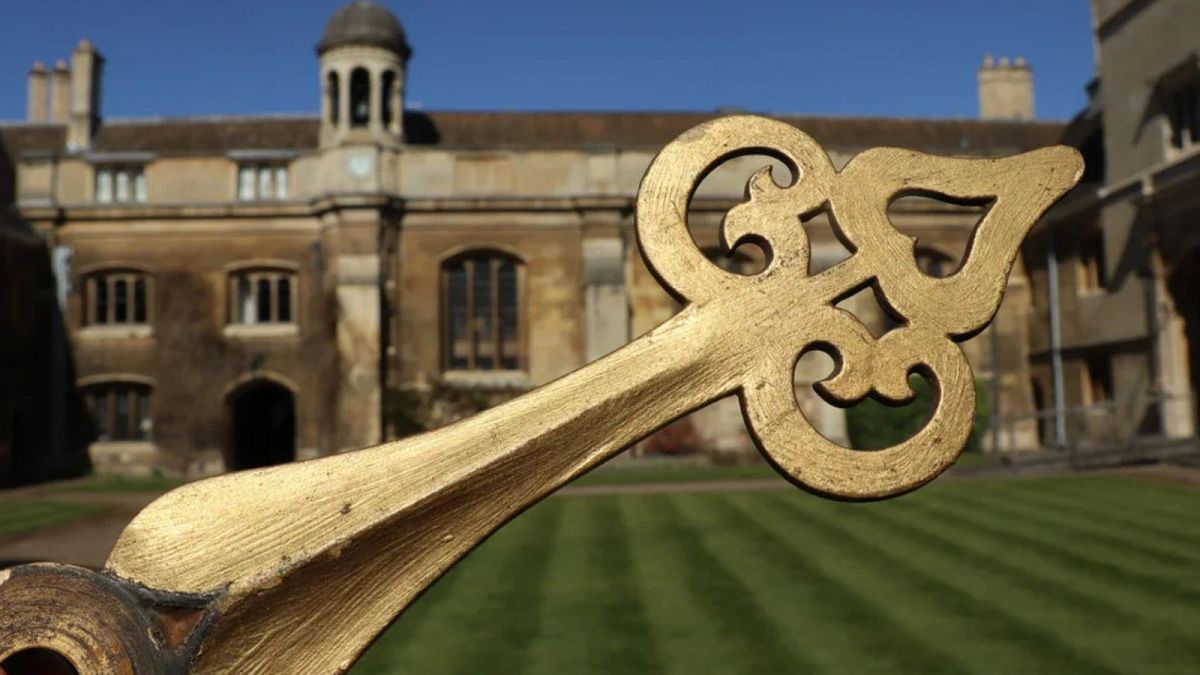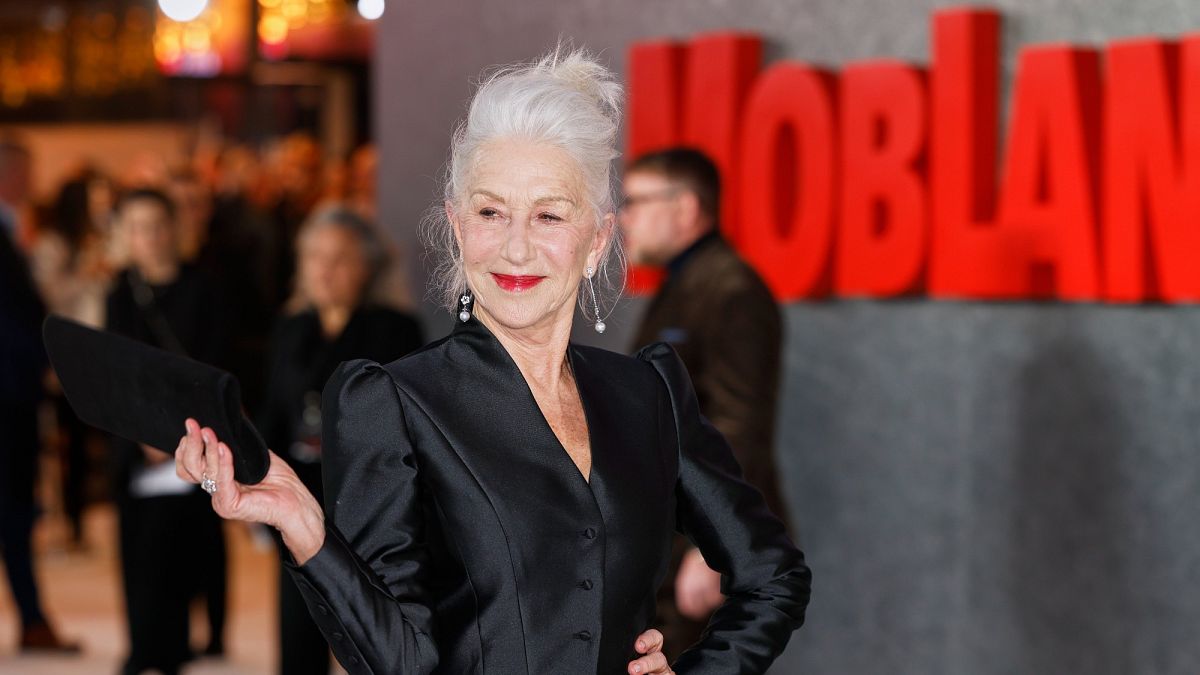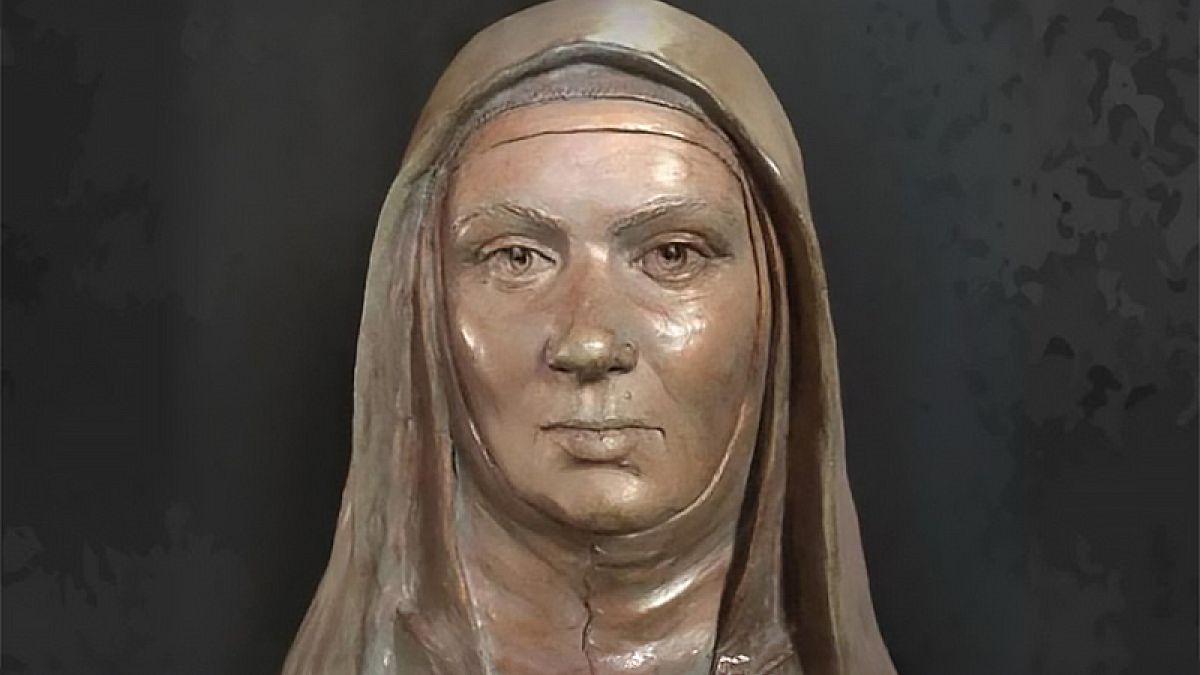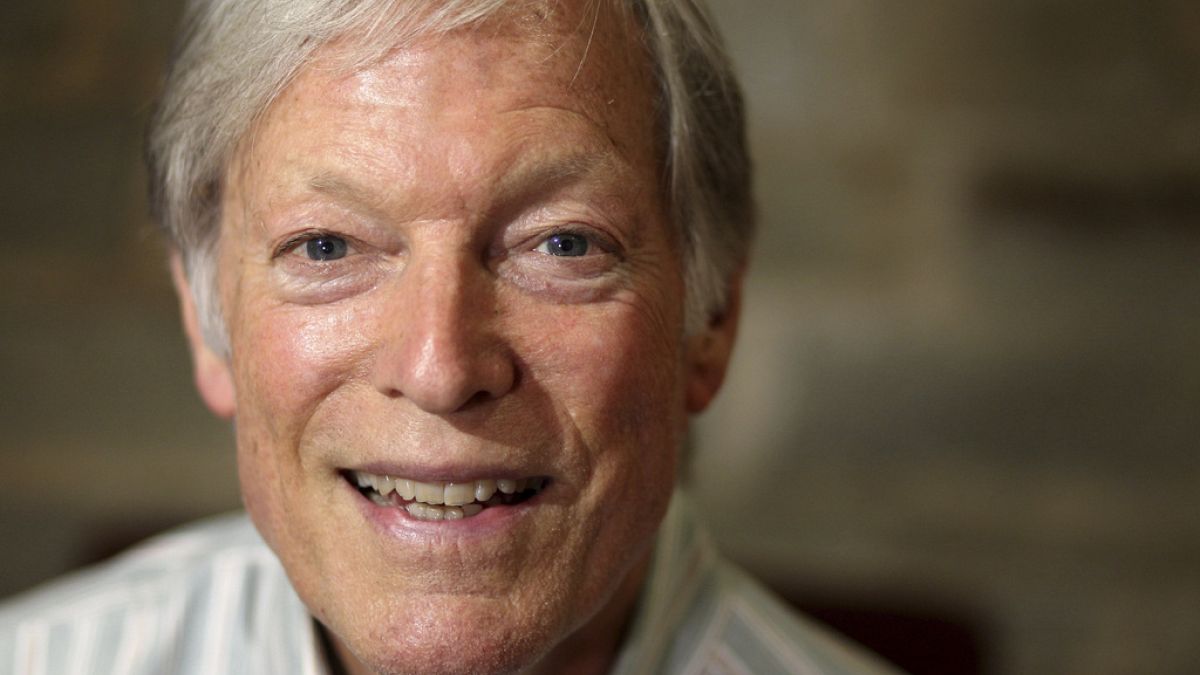According to recent reports, the bodies of Gene Hackman and Betsy Arakawa have still not been claimed by family members. The investigation into their deaths revealed that the couple died of natural causes, but a week apart.
The bodies of Gene Hackman and his wife Betsy Arakawa have reportedly still not been claimed a month after their deaths.
The partially mummified bodies of the Oscar winning actor, Arakawa and their dog were found in their New Mexico home on 26 February. Santa Fe County Sheriff's Office spokesperson Denise Avila said deputies found the bodies while carrying out a welfare check. Arakawa was 65, while Hackman was 95.
Even if no foul play was initially suspected, their deaths were “suspicious enough in nature to require a thorough search and investigation,” according to a search warrant affidavit.
On 7 March, investigators confirmed that the couple died of natural causes, but a week apart. Arakawa was said to have died from hantavirus pulmonary syndrome (HPS), a serious respiratory illness caused by exposure to infected rodents. Data from Hackman’s pacemaker suggests he died on 18 February, a week after the proposed date of Arakawa’s passing.
Now, according to TMZ, the bodies of Hackman and Arakawa have still not been claimed by family members.
TMZ believes that their family are still finalising funeral plans, having reached out to the Office of Medical Investigators to confirm that their names still appear on a list of unclaimed decedents as of 27 March.
Hackman shared three children – Christopher, Elizabeth Jean and Leslie Anne – with his ex-wife, Faye Maltese, who died in 2017. However, Hackman left his kids out of his will and instead named Arakawa as the sole recipient of his fortune upon death.
Earlier this month, Julia Peters, a representative for the estate of Hackman and Arakawa, stated she was seeking to block the public release of autopsy and investigative reports, especially photographs and police body-camera video.
Peters urged a state district court in Santa Fe to seal records in the cases to protect the family's right to privacy in grief under the 14th Amendment to the US Constitution, emphasizing the possibly shocking nature of photographs and video and potential for their dissemination by media.

 3 days ago
6
3 days ago
6






 We deliver critical software at unparalleled value and speed to help your business thrive
We deliver critical software at unparalleled value and speed to help your business thrive






 English (US) ·
English (US) ·